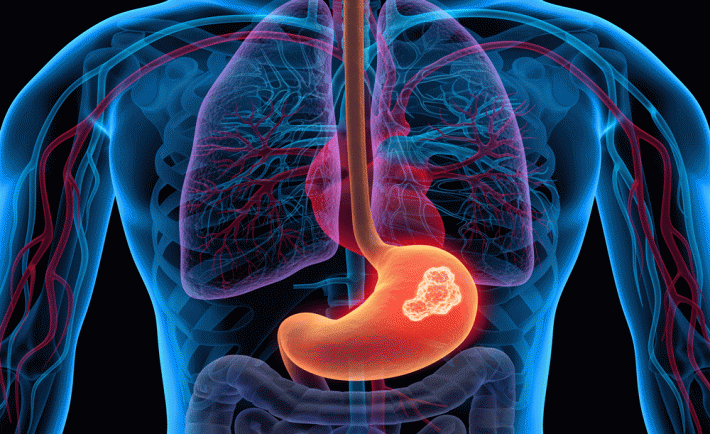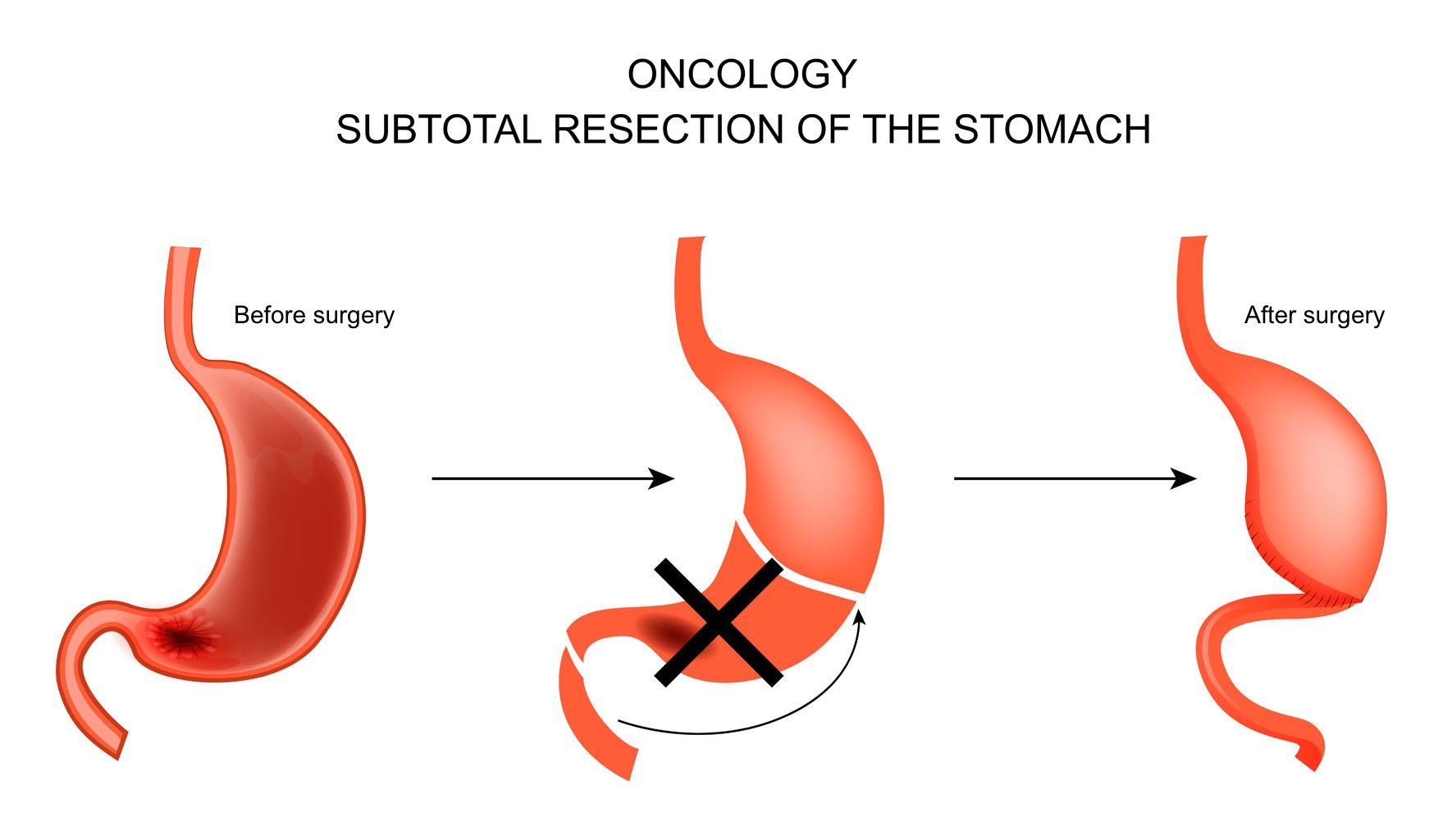
Do you know that stomach cancer is one of the top five most common causes of cancer deaths in Singapore? This is according to a 2019 report from the Singapore Cancer Registry. Over a span of a few years between 2013 and 2017, stomach cancer has claimed over 1,500 lives.
Here’s what you need to know about the disease.
#1: Stomach cancer is not limited to just the stomach
“Stomach cancer most commonly spreads into the abdominal cavity,” said Clinical Assistant Professor Matthew Ng, a senior consultant with National Cancer Centre Singapore (NCCS)’s Division of Medical Oncology.
Even for patients who have had their stomachs removed, the disease commonly bounces back in the peritoneum. For your information, the peritoneum is a membrane lining the abdominal cavity.
#2: Commonly mistaken for indigestion

Image Credits: Freepik
The symptoms that come as a result of stomach cancer tumours are often mistaken as regular digestive issues. It may come in the form of persistent pain in the upper abdomen, acid reflux, or even heartburn. It can also present itself as general symptoms like fatigue due to anaemia or weight loss.
Serious cases may see signs of vomiting blood, passing black stools of digested blood, or persistent vomiting after eating.
Professor Ng shared that a lump can be felt in the upper abdomen if the tumour is large. If cancer has spread to the abdominal cavity, swelling of the abdomen due to fluid accumulation may occur.
#3: Not necessarily hereditary
Assistant Professor Joanne Ngeow, the head of Cancer Genetics Service and a senior consultant with NCCS’s Division of Medical Oncology, points out that only up to 10 per cent of stomach cancer cases are hereditary.
Familial cases of stomach cancer could be due to environmental factors, or a combination of genetic and environmental factors. She also adds that not all people with a genetic tendency to develop stomach cancer or a known hereditary cancer syndrome will develop stomach cancer.
#4: A complete removal of the stomach may not be necessary

Image Credits: glsurgical.com.sg
Patients who are suffering from stomach cancer may not require complete removal of their stomachs.
“The size and location of the tumour (are) important and it will dictate how much of the stomach needs to be removed to get complete clearance of the tumour,” said Professor Ng.
In fact, the removal of one’s stomach is not a death sentence. According to Professor Ng, patients who have undergone stomach removal can still consume foods like curry in moderation. But it’s advisable to avoid raw, high-sugar/fibre foods, and anything that has the potential to cause indigestion.
Dietitian Lee Miaw Sim from Singapore General Hospital’s Department of Dietetics also recommends patients to have up to six small meals throughout the day. Eating slowly and chewing properly will aid in better digestion.
#5: Eating food preserved by salt increases the risk of stomach cancer
Many believe that preservatives in food are causing people to develop stomach cancer. But instead, it’s the salt in preserved food that seems to be the culprit.
“There is strong evidence that consuming food preserved by salting increases the risk for stomach cancer,” said Lee.
To put it simply, salt affects our stomach’s mucosal lining which causes inflammation and cellular damage. As such, the ulcer-inducing bacteria gets its chance to attack our stomachs.
It’s about time we relook into our daily meals and reduce salt intake to less than the recommended daily amount of intake, which is about one teaspoon.





